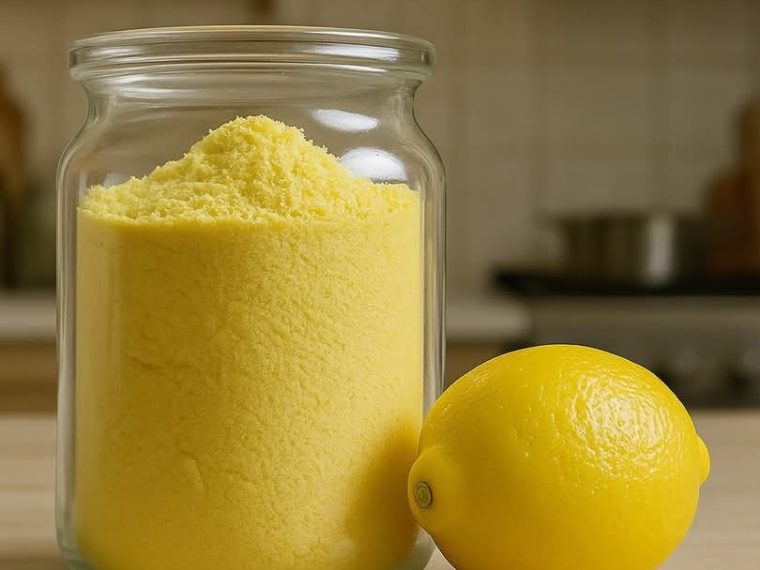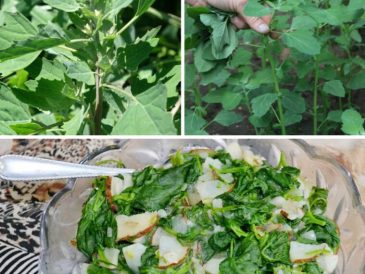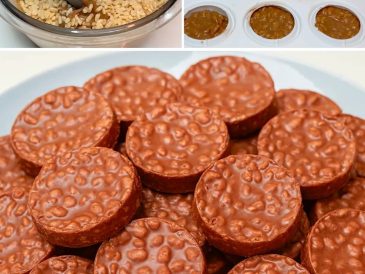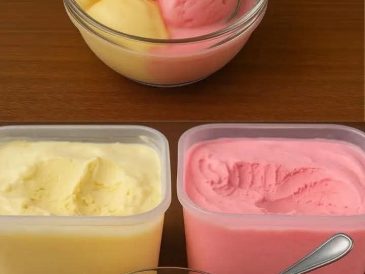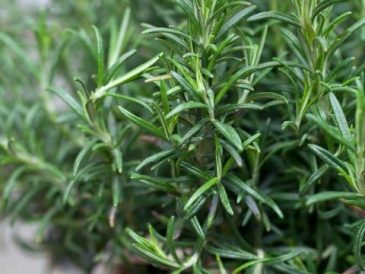You may squeeze a lemon and throw away the peel without a second thought, but what if that leftover peel could become your kitchen’s secret weapon? Lemon powder is an underrated, incredibly flavorful, and aromatic ingredient that can elevate your dishes and desserts with just a pinch.
🍋 What Is Lemon Powder?
Lemon powder is simply dried lemon peel ground into a fine powder. Unlike lemon juice or zest, it’s shelf-stable and concentrated, packing all the citrusy brightness of fresh lemon in a dry, convenient form.
🍃 Why Make Your Own Lemon Powder?
✅ Healthier Option
Store-bought lemon flavorings often contain preservatives or artificial flavor enhancers. Homemade lemon powder, on the other hand, is 100% natural, retaining all the beneficial properties of lemon peel.
💰 Save Money, Reduce Waste
You already use lemons—why not make the most of them? Drying the peels turns waste into treasure.
🧬 Nutritional Benefits of Lemon Peel
According to research published in the Journal of Clinical Biochemistry, lemon peels are:
- Rich in Vitamin C, even more than the juice
- High in flavonoids, powerful plant compounds with antioxidant effects
- A natural source of pectin, great for digestion
- Contain limonene, known for anti-inflammatory and detoxifying properties
👩🍳 How to Prepare Lemon Powder at Home
🧂 Ingredients and Tools:
- Organic lemons (to avoid wax and pesticides)
- A sharp knife or vegetable peeler
- Baking tray or dehydrator
- Grinder (coffee/spice grinder or blender)
- Airtight jar
Step-by-Step Guide:
1. Wash and Peel the Lemons
- Scrub well to remove dirt or wax
- Use only the yellow peel—avoid the bitter white pith
2. Dry the Peels
Three methods:
- Oven: 170°F (75°C) for 2–3 hours
- Dehydrator: 95°F (35°C) for 6–8 hours
- Air dry: Place on a tray in a dry, sunny place for 2–3 days
3. Grind Into Powder
Once fully dry, grind the peels into a fine powder.
4. Store Properly
Use a clean, dry, airtight container. Keep away from light and moisture. It lasts up to 12 months.
🍰 How to Use Lemon Powder in Cooking
1. Desserts
- Cakes, muffins, cookies
- Lemon sugar: mix with white sugar for an aromatic boost
2. Savory Dishes
- In rubs and marinades for fish, chicken, or vegetables
- Sprinkle over roasted veggies or pasta for brightness
3. Beverages
- Mix in smoothies or tea
- Stir into yogurt or salad dressing
💡 Enhancing Flavor Without Moisture
In baking or dry rubs, liquid lemon juice can ruin textures. Lemon powder adds flavor without moisture, making it ideal for:
- Macarons
- Pancake mix
- Spice blends
🧖♀️ Bonus: Use in Skincare
Lemon powder can be added to DIY face masks and scrubs for its brightening and antibacterial effects. Just be cautious on sensitive skin and avoid sun exposure immediately afterward.
📦 Shelf Life and Storage
- Keep in a cool, dark place
- Ensure the powder is completely dry before storing
- Best used within 6–12 months for maximum flavor and potency
🚫 Common Mistakes to Avoid
- Don’t use the white pith – it’s bitter
- Don’t store with moisture – it’ll clump or mold
- Don’t skip organic lemons – wax and pesticides can ruin flavor and health value
🌍 Zero-Waste Kitchen Hero
By transforming something often discarded, lemon powder supports:
- Sustainable cooking
- Full-fruit usage
- Lower grocery bills
Backed by Research
Studies such as one published in Food Chemistry (2016) found that lemon peel extract shows antioxidant and antimicrobial properties, making it not only flavorful but beneficial for health too.
🧾 Conclusion
A pinch of lemon powder does wonders—from brightening cakes to enriching soups and promoting better digestion. It’s easy to make, cost-effective, and powerfully aromatic.
So next time you use a lemon, don’t toss the peel—transform it into culinary gold!
❓FAQs
1. Can I use other citrus peels the same way?
Yes! Orange, lime, and grapefruit peels can also be dried and powdered.
2. Is lemon powder the same as lemon zest?
No—zest is fresh and moist, while powder is dried and shelf-stable.
3. Does it contain sugar or calories?
Virtually none. It’s mostly fiber and essential oils.
4. Can I use it in cold dishes?
Absolutely! Just sprinkle for extra zing.
5. Does drying destroy nutrients?
Some Vitamin C is lost in heat, but most flavonoids and oils remain intact.

